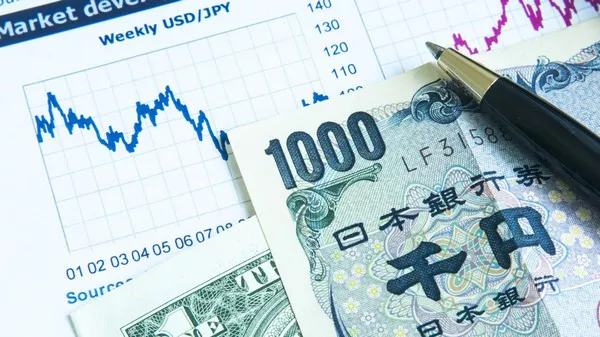The GBP/JPY cross came under selling pressure again during Thursday’s Asian session and now appears to have snapped its two-day winning streak, rising to around the weekly high of 184.35-184.40 hit the day before. GBP/JPY recently fell to a new daily low near 183.70, and was suppressed by a rebound in demand for the Japanese yen (JPY).
The sell-off in Japanese government bonds (JGB) triggered by the possibility of an early end to the negative interest rate policy by the Bank of Japan (BoJ) has become a key factor supporting the yen. Indeed, the benchmark 10-year Japanese government bond yield rose to its highest level since January 2014 on Tuesday, in response to hawkish comments from Bank of Japan Governor Kazuo Ueda over the weekend. Bank of Japan Governor Kazuo Ueda said in an interview with the Yomiuri newspaper that if the Bank of Japan is convinced that prices and wages will continue to rise, raising interest rates is one of the options available.
On top of this, speculation that the Bank of England (BOE) interest rate hike cycle is nearing its end has also contributed to relative weakness in the pound and put further pressure on the GBP/JPY cross. The Office for National Statistics reported that the UK economy shrank by 0.5% in July at the fastest pace in seven months, signaling that the economy was losing momentum after a sharp rise in borrowing costs and reigniting market concerns about the UK economy. Worries about the economy entering recession. In addition, there are signs that the British labor market is cooling, which once again confirms market expectations.
The above negative factors largely masked weak Japanese economic data and provided little support for the GBP/JPY cross. In fact, Japan’s Cabinet Office reported that Japan’s core machinery orders fell 1.1% in July, a larger-than-expected decline amid sluggish global growth and a slowdown in China. Other indicators in recent weeks have also pointed to weakening demand at home and abroad, suggesting that the world’s third-largest economy faces a difficult period.
However, the market reaction was muted, suggesting that the GBP/JPY cross pattern has minimal downside resistance. As a result, GBP/JPY then fell back towards the 183.00 round figure before a drop to one-month lows around the 182.70-182.65 area seems likely. In the absence of important economic data from the UK, the market volatility caused by the European Central Bank’s decision may provide some impetus for GBP/JPY, allowing traders to seize short-term trading opportunities in GBP/JPY.


